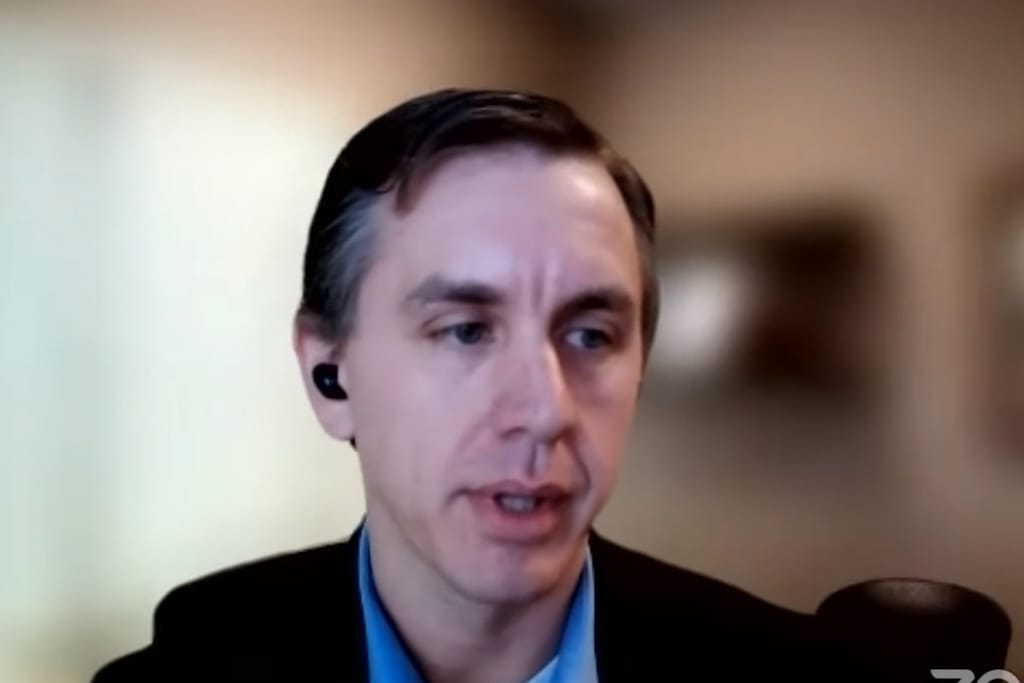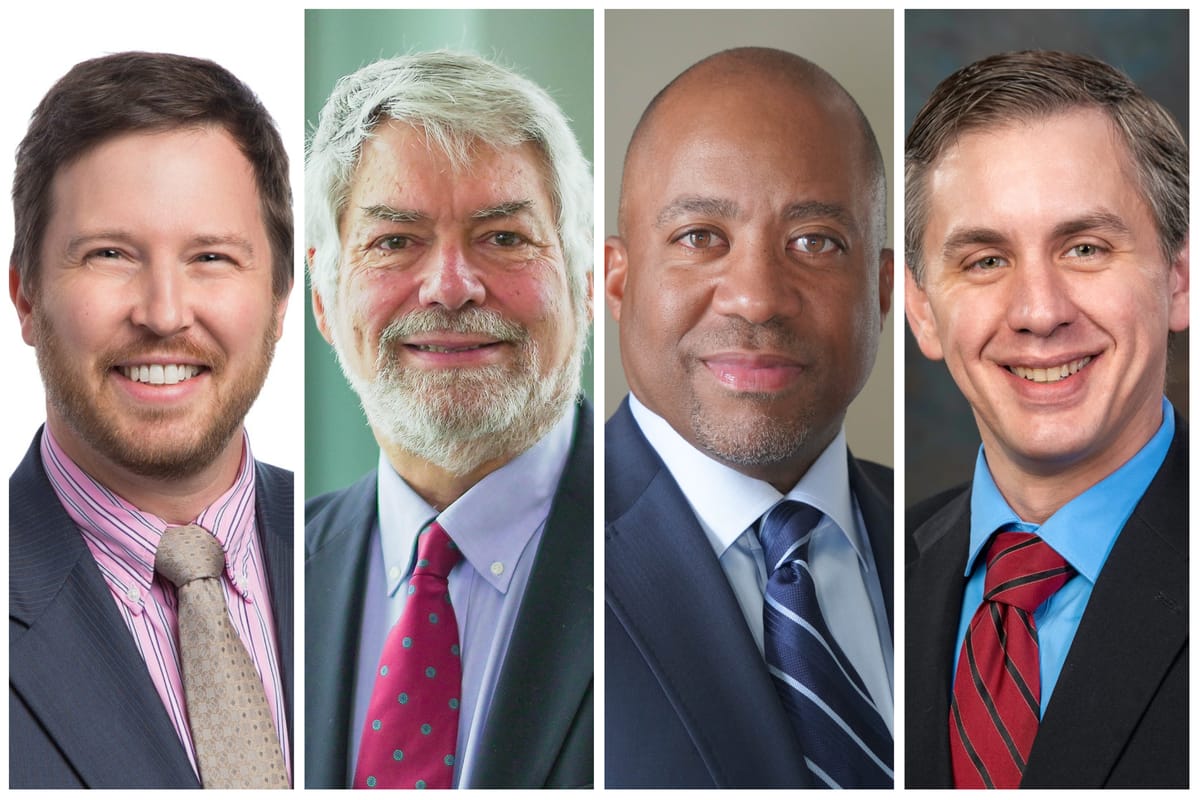States Could Face Legal Jeopardy From Challenging the Fabric: Chief Data Officer of Montana
‘If…you’re leasing that data from a private entity, you can’t just hand it over to another private entity.’
David B. McGarry

WASHINGTON, October 26, 2022 – The State of Montana could be in violation of contractual obligations to a private partner if it fully participates in the Federal Communications Commission’s fabric-challenge process, Adam Carpenter, chief data officer of the Montana Department of Administration, said Wednesday.
 Broadband BreakfastBroadband Breakfast
Broadband BreakfastBroadband Breakfast
Carpenter, speaking on a Broadband Breakfast Live Online panel, explained that some of the data Montana needs for challenges to the national broadband fabric is leased from a private partner. State–partner contractual obligations limit Montana’s ability to share that data with other commercial enterprises, Carpenter said.
However, CostQuest Associates, the FCC vendor which created and owns the initial version of the fabric, may lease the FCC-owned data submitted in the challenge process for use in its own commercial products, which means that some data from states’ private partners could end up in a competitor’s products.
“If…you’re leasing that data from a private entity, you can’t just hand it over to another private entity,” Carpenter said. “And that’s put us in a position where we’re either not going to challenge the FCC map, we’re going to violate our contract and we get sued, or we’re going to work some deal where we partially challenge the FCC map where it favors us.”

Screenshot of Adam Carpenter, chief data officer of the Montana Department of Administration
According to Carpenter, since many other states have leased mapping data from private partners as Montana did, this legal tension will likely limit state’s ability to submit fabric challenges and consequently lead to sub-par national mapping data.
Fabric-type data is the “core [intellectual property]” for the states’ mapping partners, Carpenter told Broadband Breakfast after the panel.
The fabric is a dataset of all “broadband serviceable locations” in America, and it will be the foundation upon which broadband coverage data is laid to create the FCC’s national broadband map. Based on this map, the National Telecommunications and Information Administration will apportion $42.5 billion from the Broadband Equity, Access, and Deployment program among the states for broadband deployment and other related projects.
The FCC did not respond to Broadband Breakfast’s request for comment.
Panel criticizes NTIA intention to spend big on CostQuest
The panel criticized the NTIA’s stated intention to obtain the fabric and related products for an estimated $49.9 million, which would be in addition to the original CostQuest–FCC contract for the fabric’s creation, tagged at $44.9 million.
“I still…have no clue what it is NTIA is buying for $50 million,” said Sascha Meinrath, Palmer Chair in Telecommunications at Penn State University and director of X-Lab.
“There’s no justifying the $50 million problem,” Carpenter said. “It’s clearly a price that was not derived from the value of the product being sold…that’s usually called gouging.”
The NTIA did not respond to Broadband Breakfast’s request for comment.
 Broadband BreakfastBroadband Breakfast
Broadband BreakfastBroadband Breakfast
Discontent is rising about the Federal Communications Commission’s use of the so-called “broadband fabric” to measure the availability of broadband on an address-by-address basis. Many are concerned that the FCC is dismissing or minimizing the ability of consumers to bring speed test challenges to fabric data. Additionally, the private nature of the fabric is a concern to those who say publicly-available information is needed for building out broadband. What are the alternatives to the fabric, and how might the fabric be challenged at the FCC, the NTIA, state broadband offices, or in court?
Panelists:
- Sascha Meinrath, Director, X-Lab and Palmer Chair in Telecommunications, Penn State University
- Michael Kleeman, Professor, George Mason University
- Scott D. Woods, Vice President for Community Engagement & Strategic Partnerships, Ready.net
- Adam Carpenter, Chief Data Officer, Montana Department of Administration
- Drew Clark (moderator), Editor and Publisher, Broadband Breakfast










Member discussion